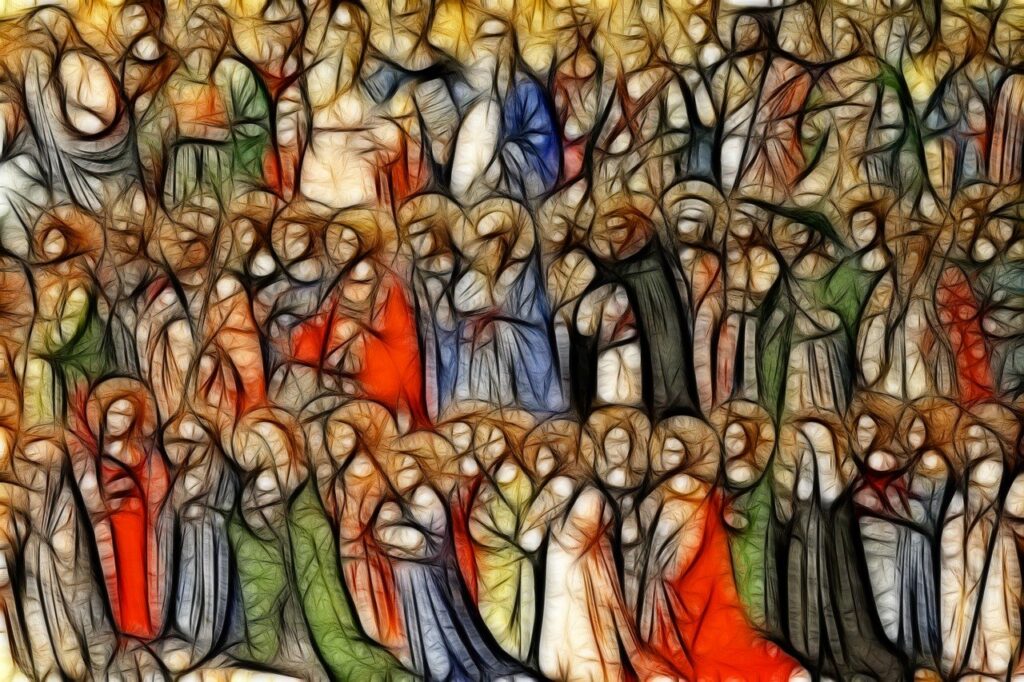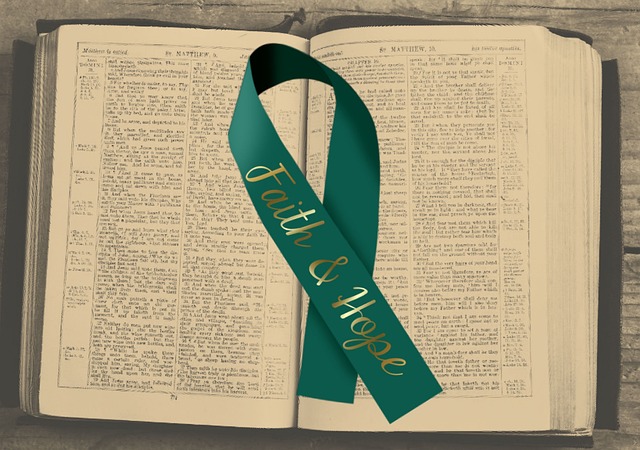
In Acts 19:11-12, the Apostle Paul demonstrated God’s power through remarkable miracles. These miraculous events not only affirmed his ministry but also served as a testament to God’s sovereignty and compassion. This article explores the context, significance, and impact of these miracles, highlighting their relevance for believers today.
Context of Acts 19:11-12
The book of Acts is a crucial part of the New Testament, detailing the early church’s formation and the spreading of the gospel. Written by Luke, Acts provides a historical account of the apostles’ experiences and the miraculous events that accompanied their ministries. In Acts 19, Paul is in Ephesus, a city known for its diverse population and significant pagan practices.
During this period, Paul was establishing a strong Christian community. He was teaching in the synagogue and later in the hall of Tyrannus, where he engaged in discussions about the Kingdom of God. As Paul preached and taught, God worked through him in extraordinary ways, leading to significant miracles that would impact the lives of many individuals in Ephesus and beyond.
Understanding the Miracles
Acts 19:11-12 states, “God did extraordinary miracles through Paul, so that even handkerchiefs and aprons that had touched him were taken to the sick, and their illnesses were cured, and the evil spirits left them.” These verses illustrate two types of miracles: physical healings and deliverance from demonic possession.
The miracles performed through Paul were unique in their nature. Unlike typical healings that involved direct interaction, these miracles were transmitted through objects that had come into contact with Paul. This method underscored the extraordinary nature of God’s power working through him. It also demonstrated that faith could be extended through physical items, showing the relationship between the spiritual and the physical realm.
The Power of Faith

The miracles in Acts 19 exemplify the power of faith. People believed that the handkerchiefs and aprons had the ability to heal them or free them from evil spirits. This belief was rooted in the understanding that God’s power was not limited to direct contact with Paul. Instead, it emphasized that faith could transcend physical barriers.
The act of taking these items to the sick and possessed individuals demonstrated a collective faith in God’s power working through Paul. The miracles did not originate from Paul himself but were a manifestation of God’s divine authority. This reinforces the idea that it is not human ability but God’s sovereignty that brings healing and deliverance.
Impact on the Early Church
The miracles performed through Paul had a profound impact on the early church and the surrounding community. They served as signs that confirmed Paul’s apostolic authority and the legitimacy of his message. As people witnessed these miracles, many were drawn to the gospel, leading to the growth of the Christian community in Ephesus.
Moreover, the events in Acts 19 contributed to the confrontation between Christianity and the prevailing pagan beliefs. Ephesus was known for its worship of Artemis, and the miracles performed by Paul challenged the influence of these idols. As people turned to Christ for healing and deliverance, they began to question the power of their former beliefs. This shift played a crucial role in the eventual decline of idol worship in Ephesus.
Lessons from Paul’s Miracles
The miracles in Acts 19 offer several lessons for contemporary believers. First, they remind us of the importance of faith. Just as the people of Ephesus believed in the power of the items associated with Paul, modern Christians are encouraged to have faith in God’s ability to work miracles in their lives. This faith can manifest in various forms, whether through prayer, worship, or seeking community support.
Second, the miracles underscore the significance of community. Paul was not working in isolation; he was part of a larger movement of believers. The early church relied on each other for support, encouragement, and shared faith experiences. This sense of community is essential for believers today as they navigate their spiritual journeys.
Lastly, the miracles remind us of God’s sovereignty. The extraordinary nature of the events highlights that God is not confined to traditional methods of healing and deliverance. He can use any means to accomplish His purposes. Believers are encouraged to remain open to God’s work in their lives, trusting that He can intervene in ways they may not expect.
Spiritual Warfare and Healing
The miracles in Acts 19 also raise awareness of spiritual warfare. The mention of evil spirits leaving those who were afflicted indicates that spiritual battles were prevalent during Paul’s ministry. The early church recognized the reality of spiritual forces at work, and Paul’s miracles served as a demonstration of God’s victory over these powers.
In the context of spiritual warfare, believers are called to be vigilant and aware of the spiritual realm. Understanding that evil spirits can influence individuals emphasizes the need for prayer, discernment, and reliance on God’s power. The miracles performed through Paul serve as a reminder that God is greater than any spiritual opposition.
Miracles as a Testimony

The miracles in Acts 19 were not only for the benefit of those directly involved but also served as a testimony to the broader community. As news of these miracles spread, they drew attention to Paul’s ministry and the message of the gospel. This highlights the role of miracles in evangelism, as they can create opportunities for sharing the faith.
Believers today can also reflect on the importance of sharing their testimonies. Just as the miracles affirmed Paul’s authority and message, personal testimonies of God’s work in one’s life can encourage others and lead them to faith. Sharing stories of healing, provision, and transformation can create a ripple effect, drawing more people to Christ.
The Role of Prayer
Prayer plays a significant role in the context of miracles. Paul was a man of prayer, and his relationship with God was foundational to the miracles he performed. The acts of healing and deliverance were not merely about the physical items used, but they were rooted in a deep connection with God through prayer.
For believers, prayer is essential in seeking God’s intervention in their lives and the lives of others. It is through prayer that faith is strengthened and aligned with God’s will. The miracles in Acts 19 remind us that prayer is a powerful tool in the life of a believer, enabling them to seek God’s presence and power in all circumstances.
Conclusion
The miracles performed through Paul in Acts 19:11-12 reveal God’s extraordinary power at work in the early church. These events not only affirmed Paul’s ministry but also served as a testimony to God’s sovereignty and compassion. Through healings and deliverance from evil spirits, Paul demonstrated that faith and prayer are crucial in experiencing God’s miraculous intervention.
As believers today reflect on these miracles, they are encouraged to cultivate their faith, engage in community, and remain open to God’s work in their lives. The lessons learned from Acts 19 continue to resonate, reminding Christians of the importance of prayer, the reality of spiritual warfare, and the power of sharing personal testimonies. Ultimately, the miracles serve as a reminder of the God who still performs wonders in the lives of His people.
FAQs
What types of miracles did Paul perform in Acts 19?
Paul performed miraculous healings and deliverances from evil spirits, often using handkerchiefs and aprons that had touched him.
Why were handkerchiefs and aprons significant in Paul’s miracles?
These items became symbols of faith and a means through which God’s power was believed to be transmitted, illustrating that God could work miracles in unconventional ways.
How did the miracles affect the growth of the early church?
The miracles confirmed Paul’s authority and drew many people to the gospel, leading to the growth of the Christian community in Ephesus.
What can modern believers learn from Paul’s miracles?
Believers can learn about the importance of faith, community, and openness to God’s work, as well as the role of prayer in seeking divine intervention.
How do the miracles relate to spiritual warfare?
The miracles highlight the reality of spiritual warfare, demonstrating God’s power over evil spirits and encouraging believers to remain vigilant in their spiritual lives.






